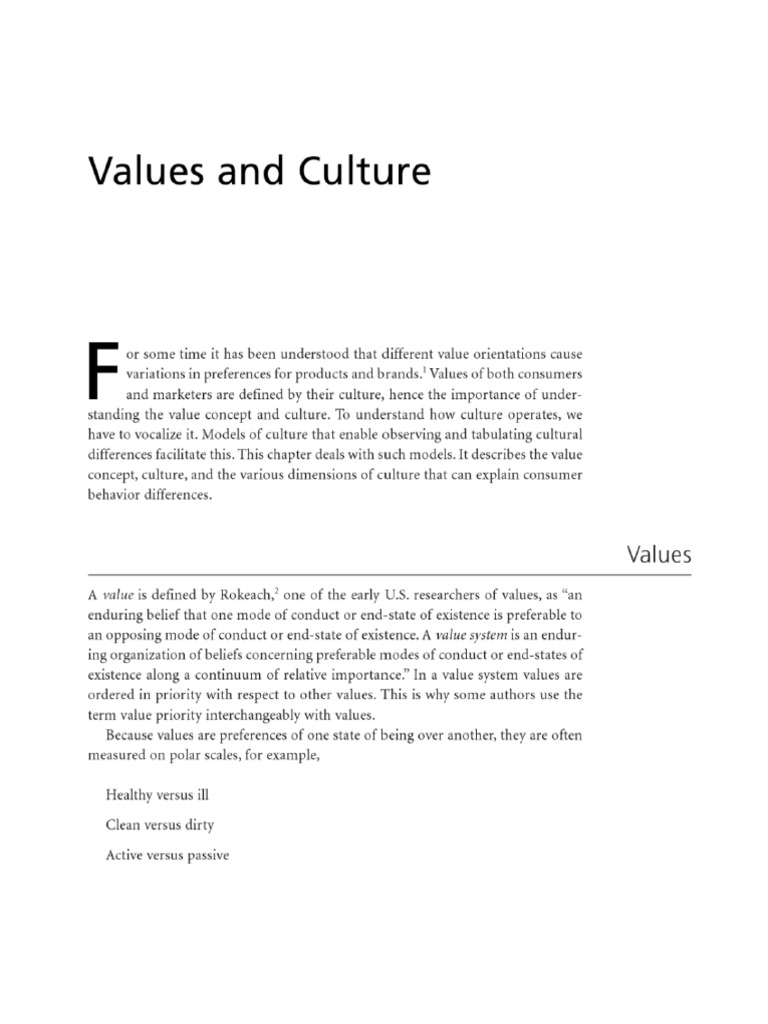Culture is often seen as the tapestry of a community, woven from the thoughts, beliefs, rituals, and behaviors of its members. Within this intricate design lies the potential to foster harmony, promote justice, and engender a sense of belonging. The Baha’i teachings offer profound insights into the values that should define culture, suggesting that a shift in perspective could catalyze a transformation in how communities perceive themselves and interact with the world. This article delves into the various principles that, when interwoven into the fabric of culture, can foster a society rich in equity, unity, and purpose.
First and foremost is the principle of unity in diversity. Baha’i teachings assert that humanity is akin to a vast ocean, diverse in its expressions yet fundamentally connected. This notion encourages the embracing of cultural, racial, and religious differences. Rather than viewing diversity as a source of division, individuals are invited to see it as a reservoir of strength. Cultures that champion this value cultivate an inclusive environment wherein dialogue flourishes, enabling the sharing of distinct worldviews and experiences. This enriched discourse not only nurtures understanding but also propels collective progress.
The second value that should permeate culture is justice. In the Baha’i perspective, justice transcends mere legislation; it encompasses fairness, equity, and a commitment to the welfare of others. Cultural frameworks rooted in justice inspire individuals to pursue righteousness in their dealings, promoting social cohesion. Moreover, a just culture will ensure that marginalized voices are heard, leading to policies and practices that honor the dignity of every individual. By emphasizing justice, communities can shield themselves from the corrosive effects of prejudice and inequality.
Another salient value is the pursuit of knowledge and education. Baha’i teachings place immense importance on the acquisition of knowledge as a means of personal and collective advancement. In a culture that prioritizes education, individuals are encouraged to investigate reality, engage in critical thinking, and continuously learn from diverse sources. An educational culture fosters innovation, as it encourages learners not only to accumulate information but also to apply it creatively for the betterment of society. As a result, communities that espouse this value are more likely to cultivate leaders who can adeptly navigate the complexities of an ever-evolving world.
Closely aligned with the pursuit of knowledge is the value of service to humanity. In the Baha’i perspective, genuine fulfillment emerges from actively contributing to the well-being of others. This ethos of service invites individuals to extend beyond personal ambitions and consider the broader implications of their actions. In such cultural environments, volunteerism and social responsibility become paramount, engendering a spirit of collaboration and altruism. When cultures embrace service as a fundamental value, they create ecosystems where individuals feel empowered to contribute, ultimately leading to transformational societal change.
Moreover, the value of spirituality cannot be overlooked. The Baha’i teachings advocate for the integration of spiritual insights into daily life. A culture that recognizes the significance of spirituality transcends the mundane, inviting individuals to engage in reflection, meditation, and connection with the transcendent. This spiritual foundation cultivates resilience and equanimity, equipping individuals to face life’s challenges with grace and composure. By weaving spirituality into cultural practices, communities can foster a deep sense of purpose and interconnectedness among their members.
Another pivotal value is gender equality. Baha’i teachings highlight that the advancement of women is crucial to the progress of society as a whole. Cultures that prioritize gender equality recognize the intrinsic worth of all individuals, regardless of their gender. This awareness not only dismantles barriers but also promotes an ethos of collaboration. When women and men work side by side, leveraging their unique strengths and insights, cultures become more vibrant and adaptable. Gender equality is not merely a goal but a transformative value that can drive systemic change and lead to more nuanced and informed decision-making at all levels.
Furthermore, the value of environmental stewardship is increasingly imperative in contemporary discourse. Baha’i teachings argue for the responsible management of the Earth’s resources, emphasizing that humanity has a profound obligation to care for the planet. Cultures that adopt environmental stewardship as a core value encourage sustainable practices and promote a holistic understanding of humanity’s relationship with nature. By fostering an ecological consciousness, these cultures can combat the environmental crises we presently face, creating a more harmonious existence between civilization and the natural world.
Finally, the value of interfaith dialogue plays a critical role in defining a progressive culture. The Baha’i teachings advocate for the exploration and appreciation of various religious perspectives, promoting unity among different faiths. When cultures endorse ongoing dialogue between diverse religious traditions, they dismantle suspicion and build bridges of understanding. The exchange of ideas fosters mutual respect, highlight shared values, and nurture a collective consciousness that transcends dogma. Such cultures become bastions of peace, as they encourage collaboration and concord in the search for common ground.
In conclusion, the Baha’i teachings illuminate a pathway for shaping a culture defined by transcendent values. By espousing principles such as unity in diversity, justice, knowledge, service, spirituality, gender equality, environmental stewardship, and interfaith dialogue, societies can initiate a transformative shift. The promise of this shift lies in its ability to pique curiosity and inspire individuals to engage with one another on deeper levels. In doing so, communities can foster an environment ripe for genuine connection, progress, and lasting impact. Through the application of these values, culture can become not just a reflection of humanity but a catalyst for the realization of a just and harmonious world.
